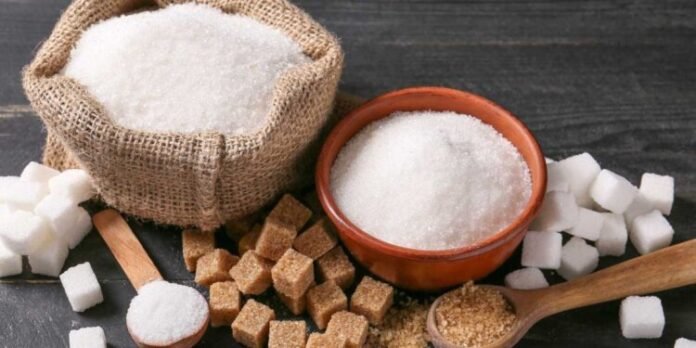ISLAMABAD – The federal government’s decision to import 200,000 tons of sugar has triggered criticism and raised eyebrows, especially after it had previously allowed sugar exports—despite warnings that it could inflate local prices.
Last year, sugar mills submitted optimistic stock figures to the federal government, which reportedly pleased Prime Minister Shehbaz Sharif. Based on those figures, the government permitted the export of sugar, linking the move with a modest Rs2 per kg increase in retail prices. However, the agreed-upon condition was that exports would be halted if retail prices crossed a set benchmark.
But that threshold was breached. The ex-mill price of sugar rose from Rs141 per kg to over Rs200 per kg in retail markets, leading to public outcry.
Now, in a dramatic policy reversal, the Ministry of National Food Security and Research announced on Saturday that sugar is being imported to stabilize market prices. The ministry confirmed the finalization of a tender and revealed that the sweetener is being sourced from China. The first shipment is expected to arrive in early September 2025.
“The aim is to ensure price balance and improve availability,” a ministry spokesperson said, adding that a government-formed committee managed to secure a discount on the international market.
Critics, however, say the government is playing into the hands of a sugar mafia. They argue that both mill owners and traders benefited—first from the permission to export sugar at high international prices, and now by creating a domestic shortfall that justifies imports.
Rather than holding sugar mills accountable for reneging on their commitment to keep prices stable, the government is opting to spend more on imports—an approach many see as rewarding manipulation.
Federal Minister for Food Security Rana Tanveer Hussain defended the move, denying any wrongdoing. In a recent press conference, he said sugar availability remains sufficient and affordable for the average consumer. He also dismissed allegations that export permissions were exploited to create an artificial crisis.
“Except for one or two years, Pakistan has historically exported and then imported sugar to meet seasonal demands. These issues flare up like monsoon frogs,” he said.
The Sugar Advisory Board, he noted, includes representatives from all four provinces and stakeholders, and decisions are made collectively. He pointed out that the global sugar price was $750 per ton at the time of export approval, and prices eventually dipped to Rs119 per kg locally after exports.
The minister added that sugar production declined this year despite an increase in cultivated area. Once the shortfall became apparent, the prime minister halted further sugar exports and stopped a pending 40,000-ton shipment. Meanwhile, the government has maintained a 500,000-ton buffer stock.
Still, the optics of the situation—exporting at high prices and then importing to curb a self-inflicted crisis—has drawn sharp criticism from experts and consumers alike.




